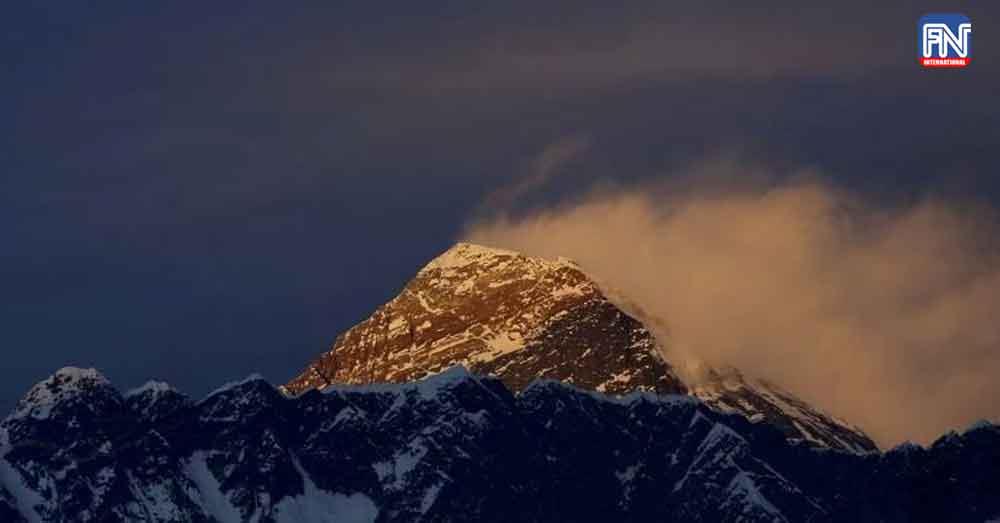KATHMANDU, June 4 (Reuters) - Weak climbers being led up Mount Everest by expedition operators with insufficient experience are causing problems, a veteran mountain guide said on Sunday, after one of the deadliest climbing seasons in years on the world's highest mountain.
At least 12 climbers died and five are missing and feared dead on the 8,849 metre (29,032 foot) Mount Everest during this year's main climbing season that has just ended, the deadliest since an earthquake triggered an avalanche that killed 18 people in 2015.
"Weakest clients with less experienced operators is part of the problem,” Guy Cotter, 69, a noted guide from the New Zealand who has climbed Everest five times, said in the Nepali capital, Kathmandu.
"Clients should have minimum climbing standards with proven prior ascents before coming to Everest,” he said.
Three sherpa climbers were killed when ice came crashing down on them on the lower reaches of the mountain in April and the rest of those who died succumbed to illness or exhaustion, government and hiking officials said.
Nepal does regulate the climbing of Everest and its other Himalayan peak, insisting that everyone gets a permit, for example, but Cotter said the operators who guide clients up the mountain should meet minimum standards of equipment and staff.
"There are many operators who take clients to Everest but do not understand how to avoid incidents occurring and when things do go wrong they do not have processes in place to address the problems," Cotter said.
Bigyan Koirala, an official with the Department of Tourism that oversees climbing, said the government was considering more regulations but did not give details.
Nepal issued a record of 478 permits for Everest this year and hundreds of people made it to the summit.





